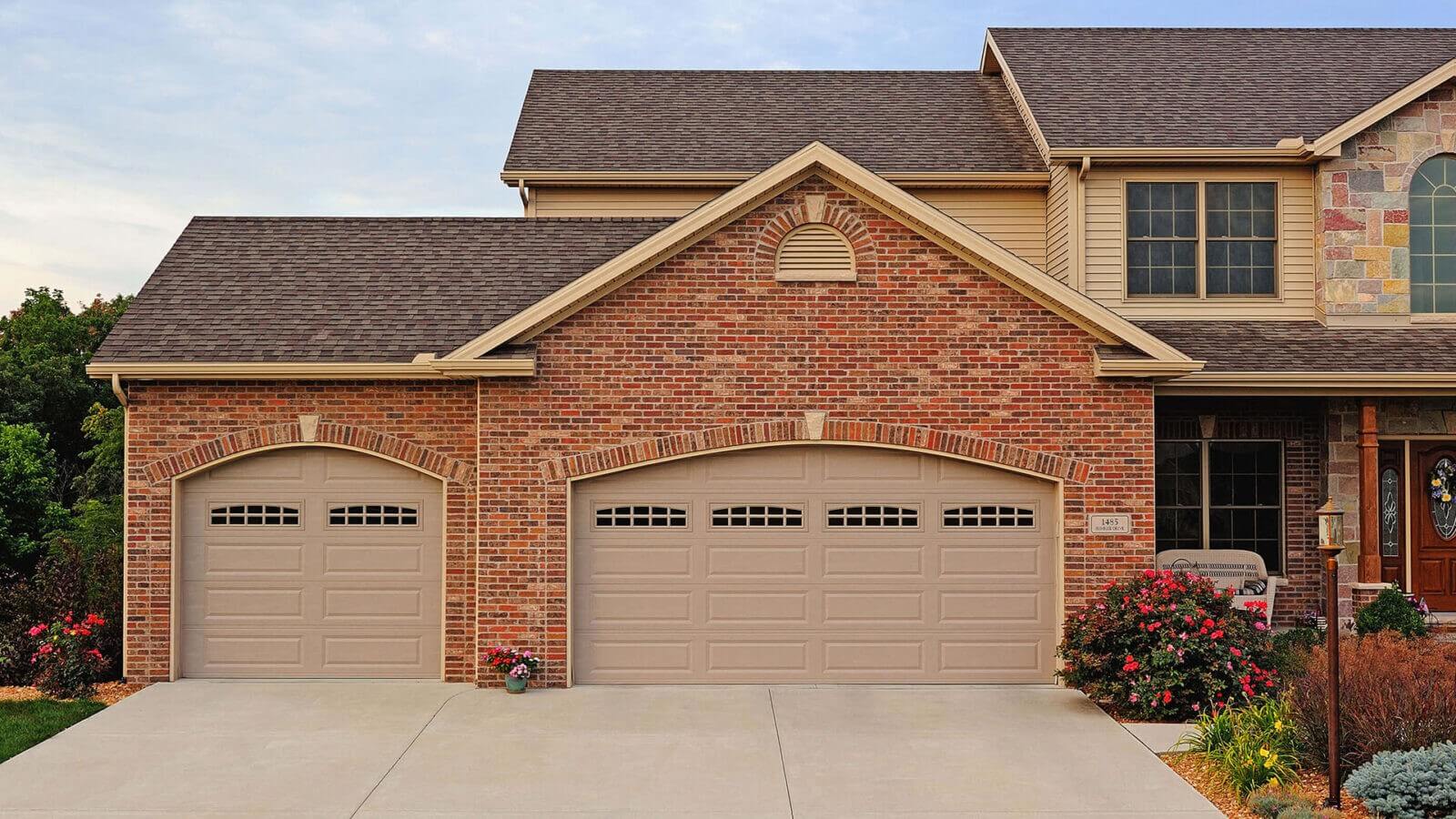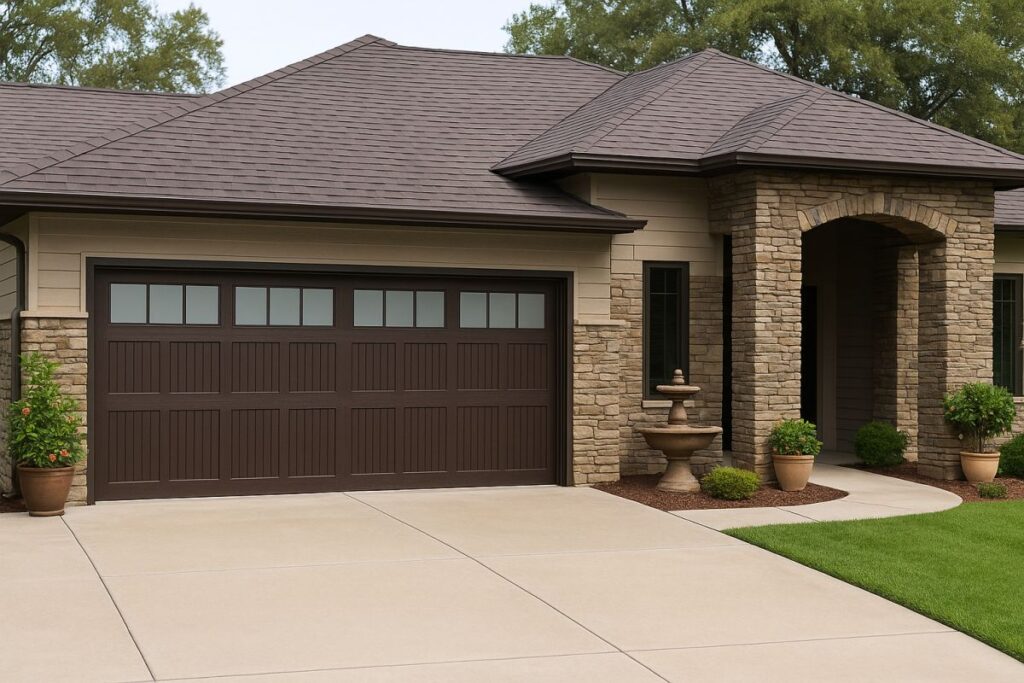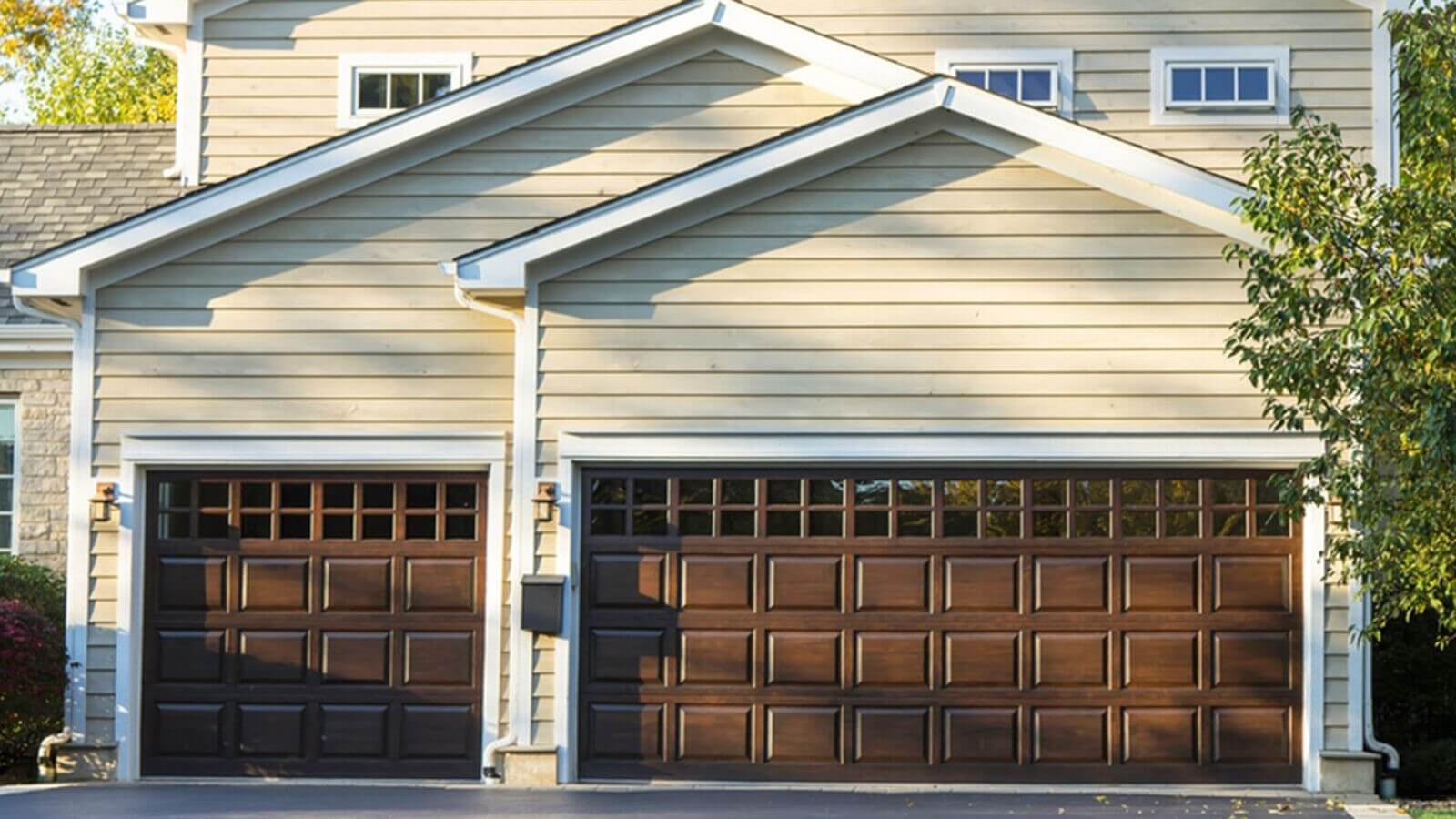Why Won't My Commercial Roll Up Door Close?
Introduction
When you're running a business, every little detail matters, especially when it comes to security. One of the most critical aspects of ensuring your commercial space is secure is having a functioning roll-up door. But what happens when you find yourself asking, "Why won't my commercial roll-up door close?" If you've ever been in this frustrating situation, you're not alone. A malfunctioning roll-up door can disrupt operations, pose security risks, and lead to potential financial loss. In this comprehensive guide, we’ll dive deep into the common issues that prevent commercial roll-up doors from closing and explore effective solutions, along with tips for proper maintenance and repair.
Understanding the Mechanics of a Commercial Roll-Up Door
How Does a Roll-Up Door Work?
Commercial roll-up doors operate using a system of springs, cables, and tracks that work together to facilitate opening and closing. When powered by an electric motor or manually operated via a hand crank, these doors are designed for durability and ease of operation.
- Door Panel: The main structure that rolls up.
- Track System: Guides the movement of the door.
- Springs: Counterbalance the weight of the door.
- Cables: Connects the door to the spring system.
- When you activate the opener or pull down the handle, the motor (or your strength) engages the springs.
- The cables pull on either side of the door panel as it rolls up along the tracks.
Understanding how these components work together can help you diagnose issues effectively.
Common Reasons Why Your Roll-Up Door Won't Close
If your commercial roll-up door refuses to close properly, several factors could be at play:
- Misalignment in tracks
- Faulty sensors
- Broken springs or cables
- Electrical issues with motors
- Obstructions in the doorway
Exploring each reason will provide clarity on how to address them efficiently.
Why Won't My Commercial Roll Up Door Close?
Misalignment Issues
One common reason why your roll-up door might not close is misalignment in its track system. Over time, wear and tear can cause shifts in alignment due to:
- Improper installation
- Accidental bumps from vehicles or equipment
- Seasonal changes affecting building structure
To check for misalignment:
If you notice any misalignment, consider contacting a professional for commercial garage door repair as attempting repairs without proper knowledge can exacerbate problems.
Faulty Sensors
Modern commercial roll-up doors often come equipped with sensors designed to prevent accidents by detecting objects in their path. If these sensors malfunction:
- They may falsely detect an obstruction.
- The door will stop closing or reverse unexpectedly.
To troubleshoot:
A simple cleaning may resolve issues but be prepared to replace faulty components if necessary.
Broken Springs or Cables
The heavy-duty springs and cables are essential for smooth operation; if they break or become worn out:
- The weight distribution shifts,
- The door becomes difficult (or impossible) to close safely.
Symptoms include:
- The door appearing uneven when closed,
- Loud noises during operation,
- Difficulty lifting or lowering manually.
If you suspect broken springs or cables:
Electrical Issues Impacting Closure
Power Supply Problems
A malfunctioning power supply could be another culprit behind your roll-up door woes. Without adequate power:
- The motor will fail to engage,
- You might hear clicking sounds without movement.
To fix this issue:
Regular electrical checks around high-use areas like garages can save headaches later!
Motor Malfunction
If power supply checks out but your roll-up still won’t budge, consider that your motor might be failing:
Engaging experts familiar with commercial garage doors ensures safe diagnostics and effective solutions tailored specifically to your needs.
Physical Obstructions Blocking Closure
Debris in Pathway
Sometimes it's as simple as something blocking your doorway! Leaves, dirt, equipment, or even stray tools could impede closure:
Regular maintenance goes a long way toward smooth operations while enhancing safety measures within your business environment!

Mechanical Obstructions Inside Tracks
Inspect inside tracks themselves—debris buildup over time can hinder smooth movement causing unexpected stops mid-operation!
To remedy this issue:
Regular maintenance practices reduce stress on components leading longer lifespans overall!
Weather Conditions Affecting Closure Mechanisms
Temperature Fluctuations Impacting Materials
Changes in temperature affect various materials used within mechanism components such as steel springs which expand/contract based upon heat levels causing stiffness resulting from rust formation over time!
To combat weather-related issues: 1.Regularly inspect all moving parts during seasonal changes! 2.Clean lubricate hinges/springs ensuring smooth functionality throughout varying temperatures!
Taking proactive steps helps mitigate risks posed by extreme conditions preventing inconvenient malfunctions down line!
Humidity's Role in Mechanical Failure
High humidity levels could lead rust formation shortening component lifespan while affecting overall functionality requiring urgent attention!
Steps include: 1.Apply rust-resistant paint/coating metal parts
2.Keep surrounding area ventilated preventing moisture accumulation improving longevity significantly!
Routine Maintenance Tips for Your Commercial Roll Up Door
Keeping up with maintenance should always top priority because prevention truly is better than cure! Here’s how you’ll keep those pesky breakdowns at bay ensuring smooth sailing ahead:
Regular Inspections
Conduct monthly inspections focusing heavily on:
- Tracks
- Rollers
- Springs
Identifying wear early saves costs associated repairs later making proactive measures worthwhile investment long-term health business operations overall!
Proper Lubrication Techniques
Use silicone-based lubricants rather than grease preventing dirt accumulation ensuring optimal performance time after time!
- Apply lubricant sparingly avoiding excessive buildup
- Target pivot points avoiding unnecessary mess cleanup afterward
By following these guidelines you'll enhance performance while extending service life maximally!

Emergency Situations: What To Do When Your Door Won't Close?
If faced emergency scenarios where immediate closure required consider implementing following strategies keeping safety paramount first!

Manual Override Options
Most modern systems equipped manual overrides allowing quick access even during power outages ensuring business continuity remains unaffected even unexpected failures arise sudden situations!
Always familiarize yourself employees equipped handle emergencies effectively utilizing override methods accordingly keeping everyone informed procedures beforehand establishing employee confidence overall boosting morale across board too!
FAQs About Roll-Up Doors
What causes my commercial roll-up door to reverse?
The most likely reason is obstruction detected by sensors signaling safety features engaged; inspect closely remove items blocking pathway immediately reattempt operation afterward successfully restoring functionality promptly too!
Can I fix my own broken spring?
We highly advise against doing so due potential hazards involved dealing under tension potentially dangerous without proper training experience involved risk getting injured easily thus seek assistance professional service providers instead offering expertise tailored needs specifically addressing repairs necessary immediately restoring efficiency fast manner possible!
How often should I maintain my roll-up door?
General recommendation suggests performing routine maintenance every three months keeps everything running smoothly prevents unexpected breakdowns occurring frequently improving longevity overall enhances reliability significantly reduces chances facing costly emergency repairs down road thereafter making regular upkeep worthwhile investment long term benefit wise!
Conclusion
Understanding why your commercial roll-up door won’t close is crucial for maintaining the security and functionality of your business. By identifying common issues such as misalignment, faulty sensors, broken springs or cables, electrical problems, and obstructions, you can take proactive steps to resolve them. Regular maintenance plays a vital role in preventing these issues and ensuring smooth operation. For serious mechanical problems or repairs, it’s best to consult with professionals who specialize in commercial garage door repair. Keeping your roll-up door functioning optimally not only enhances security but also contributes to the overall efficiency of your operations.
Key Takeaways:
- Regularly inspect and maintain your roll-up door.
- Address misalignment and obstructions promptly.
- Keep sensors clean and functional.
- Consult professionals for repairs involving heavy-duty components like springs and cables.
- Implement routine checks to prevent future issues.
By following these guidelines, you'll ensure that your roll-up door remains a reliable asset for your commercial space, safeguarding your business against potential threats Home page while streamlining operations effectively.